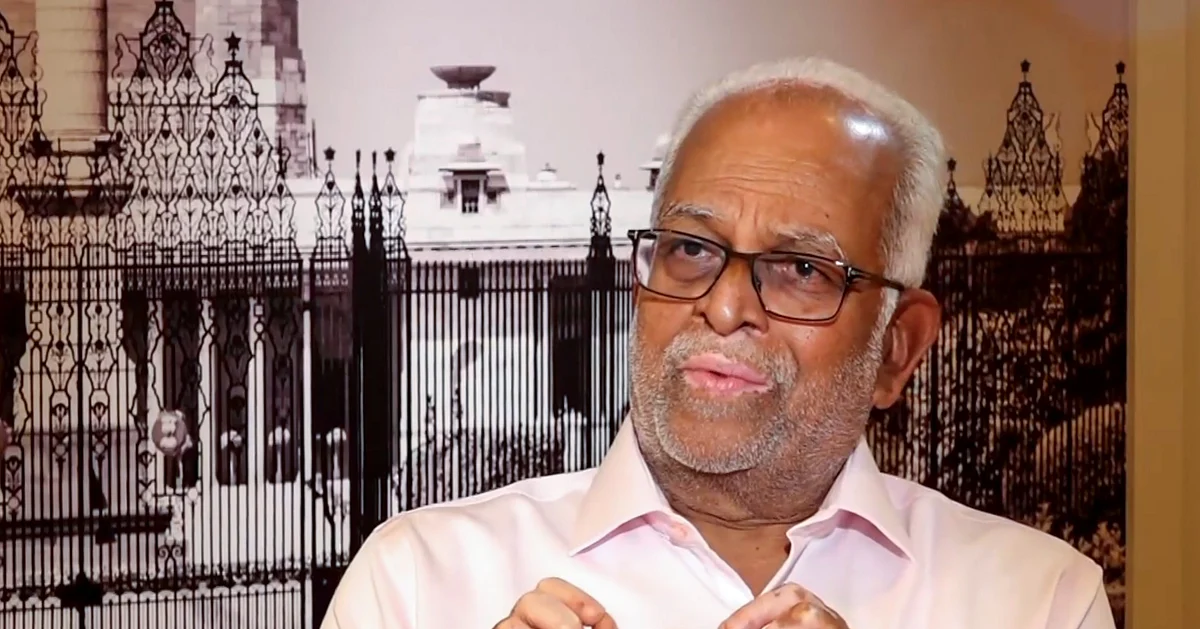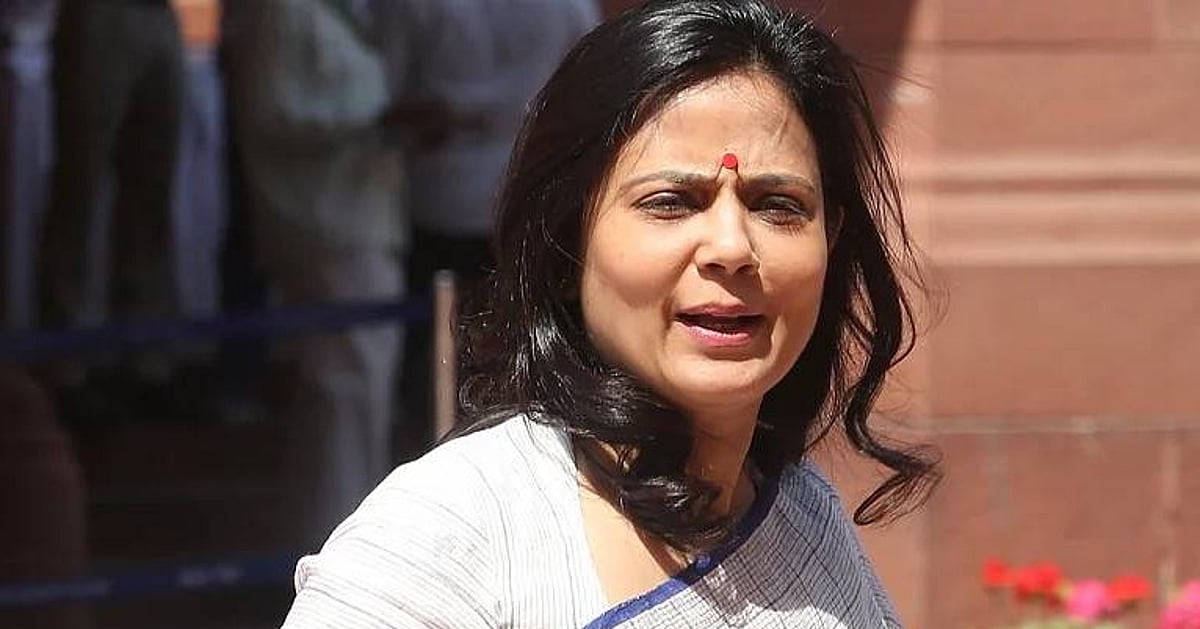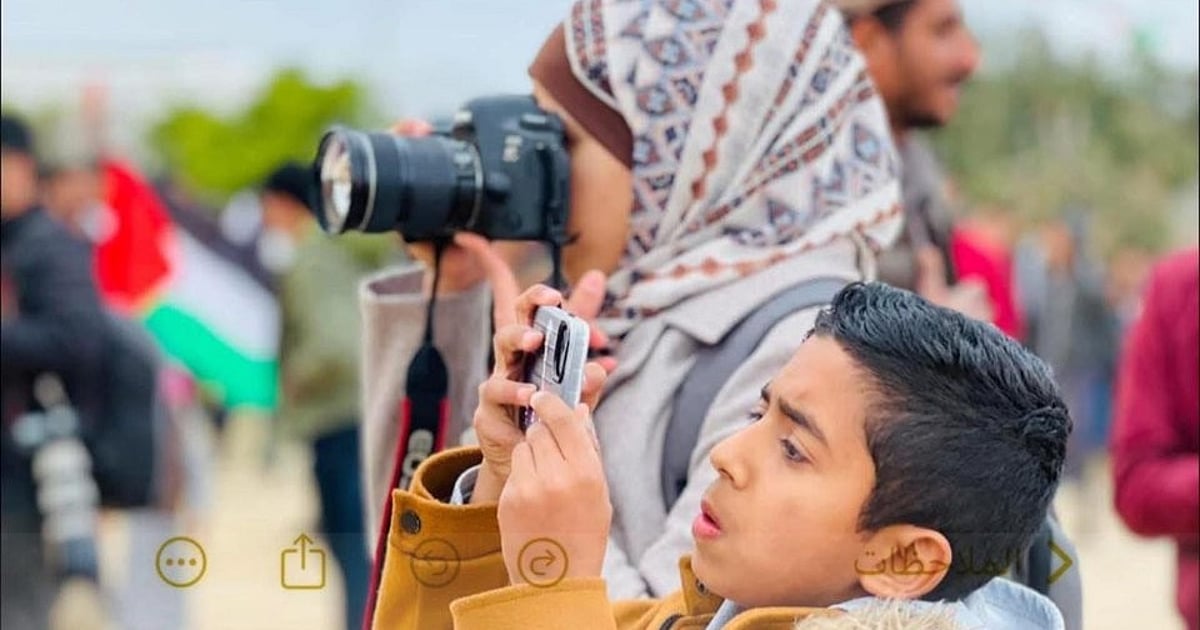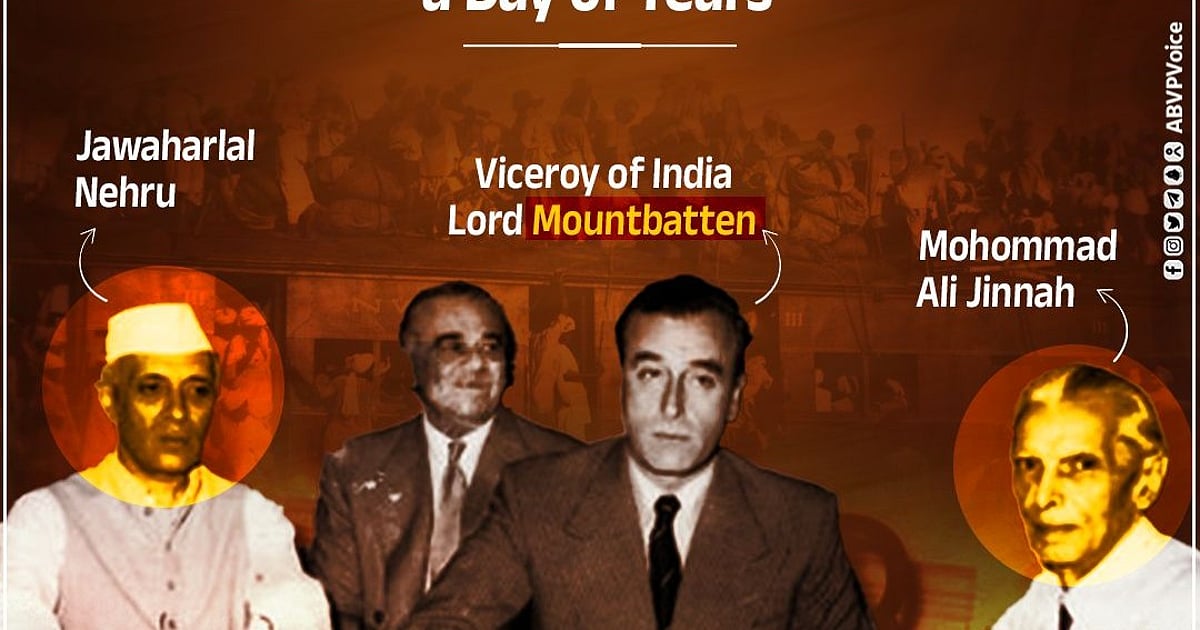National News
I am a Liberal Democrat, not RSS man: Sudarson Reddy

Opposition candidate for the Vice Presidential election, B.C. Sudarsen Reddy said that it was not a competition between two persons, but a competition between two ideologies, saying that his opponent is a Quintage RSS man, he is “far, distant”.
“I am essentially a generous constitutional democrat. It is an area, or an arena, for the competition where the fight goes on,” he said.
Honored to be honored as a joint candidate of a rainbow of opposition parties, he said that his candidature was a unanimous option that indicated diversity and represented more than 63–64 percent of the country’s population in terms of voting strength.
He also said that it was the Congress that initially proposed his name for the Vice President’s survey, but later India block parties and other opposition parties raised their support for his candidature, which was an honor for him.
Starting his campaign on Friday with a meeting with AAP supremo Arvind Kejriwal, Reddy said that he would visit Chennai on Sunday and then seek his vote in his support for the presidential election on 9 September to meet all MPs from various parties from other parties of the country. Excerpt from an interview:
Q. It has been argued that top constitutional positions should be filled unanimously to reflect national unity. So what do you think about this?
A. I wish could have been a consensus. But you know that it is a fragmented. In such circumstances, perhaps it was indispensable, leading to this competition.
Q. How will you describe the current status of democracy and government-free relations? You know, currently we see a lot of stress.
A. Earlier, we used to talk about a deficit economy. There is a shortage in democracy. I do not say that India is not a more democratic country. I do not take membership of him. We still remain a constitutional democracy, but under stress.
Q. And about anti-government relations?
A. I wish it would have been better. Instead of reducing the discourse, it may be better. Earlier, the party was used to coordinate many national issues in opposition parties and power. Unfortunately, we do not find today.
Q. You have said that this election is not about one person, but about the idea of India. Can you elaborate on this?
A. Yes. Certainly not about a competition between me and Shri Radhakrishnan ji (VP candidate of NDA). It is a competition representing two different ideologies.
One, the other side is promoting himself, that a quintage is an RSS man here. Therefore, the country should be selected as Vice President. Till now my question is, I do not take membership of that ideology and I am far, far, far, far away from it. I am essentially a generous constitutional democrat. It is the area or rather the arena, for the competition where the fight goes on.
Q. What do you have to say on the politics of disintegration that emerge as a regular feature in Parliament?
A. You see, the difficulty is this. Somebody, a renowned journalist, asked my friend Shri Arun Jaitley when he was often harassing the Rajya Sabha. (Jaitley) ideas expressed by us today were – disintegration is also a legitimate political activity and a parliamentary practice. Whether or not a particular disruption was correct at a particular point, it is a different case. But there are disruptions.
Disintegration is nothing but a form of dissatisfaction. If you are not allowed to speak or express your views, it is a form of speaking. In this way I look at the disruption. It is not that I want disintegration to become an essential and integral part of the democratic process.
Q. Opposition parties have unanimously chosen you as their joint candidate. So, which factors were weighed in your favor that makes you stand out?
A. When I look at the rainbow of political parties, I feel very honored to agree on my name and sponsor my candidature. However, nothing was surprising as such. They all knew my work. All of them have seen me for a long time. He must have used his conscience and thought that it is fit that I should be his candidate. And I feel very honored for more than one reasons.
First, it represents diversity. Secondly, choice unanimously. Third, in terms of voting strength, if you do an analysis, they represent more than 63–64 percent of the population. What else can be respected?
National News
Mahua Motra Slam Center on ’20 Lakh Job Loss’ and ‘Vote Theft’

Trinumool Congress (TMC) MP Mahua Motra has launched a scary attack on the BJP -led Sangh government, alleging that the recent American tariff response on Indian exports stems indifferent to the popular decision as it is involved in electoral fraud.
Motra alleged that the ruling government has been formed on the basis of ‘Mass Disinfrangement’ rather than real public support.
In a video message shared on X, Motra questioned the silence of the Narendra Modi-led government, which was particularly in the BJP-ruled states on the economic impact of the 50 percent of the US tariffs imposed on major Indian industries.
He claimed that the inactivity of the Center reveals a disturbing disconnect from public accountability.
“The Opposition is showing the rest of India’s parts of how the Modi government and the present BJP government has rigged the voters’ mass and the big -scale elections, and originally a grand vote Theft“Motra said.
He cited several elections – which included 2024 Lok Sabha elections and in Maharashtra, Karnataka, Haryana and Delhi – where he alleged that he voted for irregularities, suggesting that the BJP’s electoral victory has made the government ‘impervious’ how its policies affect the public.
Referring to the 50 percent of the United States tariff on Indian shrimp exports, Mora exposed its inconsistent impact on Andhra Pradesh, a state ruled by the Telugu Desmim Party, an NDA ally at the Center.
He said that Andhra Pradesh alone accounts for 60 percent of India’s shrimp exports – which costs around $ 1.4 billion.
National News
Gaza Photo-Journalist Maryam Dagga’s last photo-and a letter to 13yo son

The last photos taken by Maryam Dagga show the damaged ladder outside a hospital in Gaza Strip, where she will be hit after moments of an Israeli strike.
Dagga, a visual journalist who independent of this associated PressAccording to health officials, out of the 22 people killed on August 25, Monday, out of five journalists, when August 25 was killed on Monday, when Israeli forces hit Nasir Hospital twice in quick succession.
National News
‘Partition Horrors’: Falsehoods, “with clear communal intent”, say experts

‘The Indian History Congress strongly protests the falsehoods, with a clear communal intent, being spread among middle and secondary-level school children by bringing out a Special Module on Partition Horrors Remembrance Day by the NCERT and Ministry of Education, Government of India,’ reads a resolution put out on 27 August, Wednesday, by members of the body and endorsed by eminent academics.
The experts aligned with the Indian History Congress, based in the department of history, Aligarh Muslim University (AMU), take particular issue the ministry and the NCERT’s stance that “The British government tried their best to preserve India as one until the end” — not that Partition (as also in 1857) was a colonial agenda, but that it was the Indian National Congress as well as the Muslim League that engineered the breaking up of India and Pakistan at both eastern and western borders.
‘Turning history completely upside down, the modules hold not only the Muslim League but also the Indian National Congress responsible for the Partition of the country. Quite in tune with the loyalist stance of the communal forces during the freedom struggle, the British colonial rulers are given a clean chit in these modules’ — the experts’ statement minces no words in assigning both intent and culpability, nodding to the RSS–BJP system behind the ‘new historical’ stance at a time when entire chapters of history textbooks, both in schools and colleges, are disappearing.
Among the signatories are Prof. (retd) Aditya Mukherjee, formerly of the Centre for Historical Studies, JNU (Jawaharlal Nehru University); emeritus professor of AMU Irfan Habib; emeritus professor of JNU Romila Thapar; former UPSC member Purushottam Agarwal; former CSIR chief scientist Gauhar Raza; eminent historian and former professor of the University of Baroda Ganesh Devy; and 32 other ‘tall names’ from the field of Subcontinental, South Asian and Indian history.
The statement points out that the 1942 Cripps Mission and the 1946 Cabinet Mission Plan — ‘which actually had the idea of Pakistan embedded in them’ — are wrongly cited as proof of the British ‘trying to leave a united India’.
Instead, the NCERT and the ministry of education (and their ideological masters) blame the Congress for not accepting these two excellent ‘plans’ — and even for ‘pushing Jinnah towards “direct action” and the Calcutta killings in August 1946!
According to the ‘Partition Horrors Remembrance Day’ special module, the statement notes:
The reality, the historians point out, is very far from this.
For the Partition of India was the result of ‘a long-term strategy of the British pursued since the 19th century of divide and rule, particularly after the revolt of 1857, which Hindus and Muslims fought together, shoulder to shoulder’.
Partition, they note, was the direct result of this long-term colonial strategy, backed by nearly a century of effort at maintaining the ‘divide and rule’ principle in action — culminating in the final ‘divide and quit’ of 1947.
The result of the British crown’s longstanding approach ‘could not be what some British strategist briefly flirted with in the end, the notion of “unite and quit”, a notion selectively picked up by the NCERT modules’, the IHC statement argues — and it goes on to explain, with examples.
‘Among the various strategies in the British armoury to divide and rule was the bringing in of the notion of separate electorates based on religion and their promoting religion-based communal political organisations. The formation of the Muslim League was a “command performance”, the resolution continues.
‘A benevolent attitude was taken towards other communal organisations be they Hindu or Sikh, while targeting the Indian nationalists led by the Indian National Congress,’ it notes.
After all, that was where the greatest danger to the British empire lay — and the enemy of one’s enemy may usefully be nurtured into a ‘friend’, a playbook our contemporary communal voices don’t shy away from either.
‘Finally, Indian history was rewritten, showing Indian society as historically always divided on the basis of religion and the British coming in to save India from religious strife and persecution under Muslim rule,’ continues the statement — drawing a straight line between the actual British approach to ‘Indian history’ and that which is being claimed as the ‘new and decolonised’ history books under Hindutva proponents who continue to pit Indian communities that have coexisted for centuries against each other right into contemporary times.
The statement continues, though without naming names: ‘The communal parties aided the British (emphasis ours) by acting as the bulwark against the rising Indian national movement. The British colonial interpretation of Indian society was adopted and popularized by the communalists. The NCERT modules reflect the same colonial/communal bias.‘
The Indian National Congress leaders are criticised by the NCERT and the Government of India for “whitewash(ing)” history “in an effort to strengthen the nationalist movement”, the statement notes.
The Congress and the Indian nationlists are accused of making “emotional appeals” — presumably these are the ones for Hindu–Muslim unity — and of “limiting their discourse to a binary of ‘native vs foreign’” by the ministry of education in this new revisionist framework of ‘Indian history’.
They are accused of “blaming the British rulers for every problem, including communalism”.
The nationalist leaders are accused of “consistently overlook(ing) the historical realities of Hindu–Muslim relations”.
It is curious, though, this loyalty to and this whitewashing of the British by an elected government of independent India, on the eve of its Independence Day after 76 years, is it not?
The experts of the Indian History Congress certainly seem to find it ‘interesting’. The historians continue:
As was done by the ‘Hindu communal forces’ during the freedom struggle, including during the Quit India Movement — the experts’ resolution continues — the argument put forth is that it was (and is) the Muslims, and not the British colonial rulers, who were/are the real enemy of ‘India’.
What is highlighted, the statement says, is the so-called “ideology of political Islam, which denies the possibility of any permanent or equal relationship with non-Muslims. This principle has been consistently applied in various parts of the world for centuries and can still be seen today” — this is the stance being espoused, and the one to be taught to impressionable future citizens, per the present Narendra Modi-led Government of India.
That the greatest threat to our nation comes from the “ideology of Islam” is surely a convenient scapegoat amid tariff wars led by a capricious POTUS Donald Trump, while our citizens’ and our representatives’ moral fibre is tested by a breakdown of democratic failsafes at home and a veritable livestreamed genocide in West Asia.
Though the statement sticks more closely to the points of Indian history, pointing out that the NCERT and education ministry’s appeal to ‘authority’ then moves to, of all people, Jinnah — quoting him at length in his call for a separate Muslim nation on 22 March 1940:
“The Hindus and Muslims belong to two different religious philosophies, social customs, and literature. They neither intermarry nor interdine together and, indeed, they belong to two different civilizations which are based mainly on conflicting ideas and conceptions. Their views on life and of life are different. It is quite clear that Hindus and Muslims derive their inspiration from different sources of history. They have different epics, different heroes, and different episodes. Very often the hero of one is a foe of the other, and likewise, their victories and defeats overlap.”
It would appear that the BJP–RSS ecosystem are aligned, then, with Jinnah’s ‘political Islamic’ position! A curious alignment, that, again.
But perhaps to any serious student of the Subcontinent’s history, not so curious. For while the government is at pains to not quote him in the special module, there was one V.D. Savarkar, who espoused a very similar position on Hindu–Muslim relations.
The Hindutva icon’s own version of the two-nation theory was propounded before Jinnah, three years earlier, in 1937, in his presidential address to the Hindu Mahasabha:
“India cannot be assumed today to be a unitarian and homogenous nation, but on the contrary, there are two nations in the main, Hindus and Muslims, in India.”
Repeating the British colonial argument in greater detail than Jinnah, Savarkar — the IHC statement notes — referred to the “centuries of a cultural, religious and national antagonism between the Hindus and the Moslems”.
The title of the section citing these statements is ‘As it is there are two antagonistic nations living in India side by side’.
‘It is indeed ironical that Hindu communalists are never included in the list of those responsible for Partition,’ the resolution notes.
Yet the chief ‘culprits’ of Partition, per the current Government of India, are supposedly nationalist leaders across the entire spectrum of the freedom struggle — ‘Moderates, Extremists, Gandhians, Congress Socialists, Communists, Revolutionaries etc.’, all those, in fact, who believed that India had ‘a long civilisational history of being able to live together with difference, who celebrated diversity, who believed in Hindu–Muslim unity and dreamt of an “Idea of India” which was to be secular, inclusive, humane and democratic’.
The Indian History Congress continues:
‘The Indian National Congress, which since its inception in 1885, struggled relentlessly against religious communal division, its greatest leader Mahatma Gandhi giving up his life for it, is projected as one of the main “culprits” of Partition!
‘Let us not forget that the Mahatma’s murder was a product of the vicious Hindu communal propaganda criticising him for arguing for Hindu–Muslim unity, which the NCERT modules dismisses as unrealistic “emotional” appeal, not taking into account “the historical realities of Hindu–Muslim relations”.‘
‘If this is not distortion of history,’ the statement concludes, ‘to promote a hateful, polarized future, one wonders what it is.’
All descriptions in the NCERT’s modules refer to Hindus and Sikhs killed and humiliated, the IHC notes, with no mention of the retaliatory horrors inflicted on Muslims!
‘Let us not forget that the Mahatma’s last fast, weeks before he was murdered by a Hindu communalist,’ concludes the IHC resolution, ‘was to try and contain the attacks on Muslims and their places of worship happening in Delhi!’
The IHC resolution in its entirety may be seen below (pdf), and the full list of signatories is reproduced underneath.
Ihc Resolution – Ncert Modules on Partition Horrors Day by National Herald
1. Irfan Habib, emeritus professor, Aligarh Muslim University
2. Romila Thapar, emeritus professor, Jawaharlal Nehru University
3. Aditya Mukherjee, former professor, Jawaharlal Nehru University
4. Mridula Mukherjee, former professor, Jawaharlal Nehru University
5. Zoya Hasan, emeritus professor, Jawaharlal Nehru University
6. Purushottam Agrawal, former member, UPSC
7. Ganesh Devy, former professor, University of Baroda
8. Rahul Mukherjee, professor and chair, South Asia Institute, Heidelberg, Germany
9. Shantha Sinha, former professor, University of Hyderabad and founder-chairperson, National Commission for Protection of Child Rights
10. Ravindran Gopinath, former vice chancellor, Kannur University, Kerala
11. Rajen Harshe, former vice chancellor, Allahabad University
12. Sucheta Mahajan, former professor, Jawaharlal Nehru University
13. Vinita Damodaran, professor, Sussex University, UK
14. Ramakant Agnihotri, former professor, Delhi University
15. Manisha Priyam, professor, NIEPA, New Delhi
16. Gauhar Raza, former chief scientist, CSIR
17. Anvita Abbi, former professor, Jawaharlal Nehru University
18. K. L. Tuteja, former professor, Kurukshetra University
19. Satish Chand Abbi, former professor, IIT, Delhi
20. Dipa Sinha, visiting professor, Azim Premji University
21. Deepak Kumar, former professor, Jawaharlal Nehru University
22. Sarbani Guptoo, professor, Netaji Institute for Asian Studies, Kolkata
23. Sukhmani Bal, former professor, Punjab University, Chandigarh
24. R. Mahalakshmi, professor, Jawaharlal Nehru University
25. Rajshekhar Basu, professor, Calcutta University
26. Rohan D’ Souza, professor, Kyoto University, Japan
27. Rakesh Batabyal, associate professor, Jawaharlal Nehru University
28. Ramesh Dixit, former professor, Lucknow
29. Rajshekhar Basu, professor, Calcutta University
30. Sebastain Joseph, former professor, UCC, Kerala
31. Arun Bandopadhaya, former professor, Calcutta University
32. Rajib Handique, professor, University of Gauhati
33. Salil Misra, former pro-vice chancellor, Ambedkar University, Delhi
34. Shaji Anuradhan, professor, University of Kerala
35. Ajay Gudavarthy, associate professor, Jawaharlal Nehru University
36. S. Irfan Habib, former professor, NIEPA, New Delhi
37. Suresh Jnaeshwaran, former professor, University of Kerala
38. Gyanesh Kudaisya, historian
-

 IPL3 months ago
IPL3 months ago‘Any nahhi numba hai’: Furious MS Dhoni loses cool, CSK shouts at players – Watch. Cricket news
-

 Sports3 months ago
Sports3 months ago‘Is MS Dhoni fit or not?’ Cricket news
-

 IPL3 months ago
IPL3 months agoExplained: Why Punjab Kings will get two opportunities to reach IPL 2025 final
-

 National News3 months ago
National News3 months agoIndian Youth Congress started fellowship program for young lawyers
-

 IPL3 months ago
IPL3 months agoIPL 2025: Hardik Pandya hit the unique ‘Triple Century’ in T20S.
-

 IPL3 months ago
IPL3 months ago‘No, you can’t take it …’: Shreyas Iyer’s bold statement. Cricket news
-

 Sports3 months ago
Sports3 months agoHow Rohit Sharma’s bad form with BAT is damaging Mumbai Indians’ IPL 2025 campaign
-

 IPL3 months ago
IPL3 months agoAnil Kumbal on Shubman Gill: ‘Captaining India is different from the captaincy of a franchise’. Cricket news
